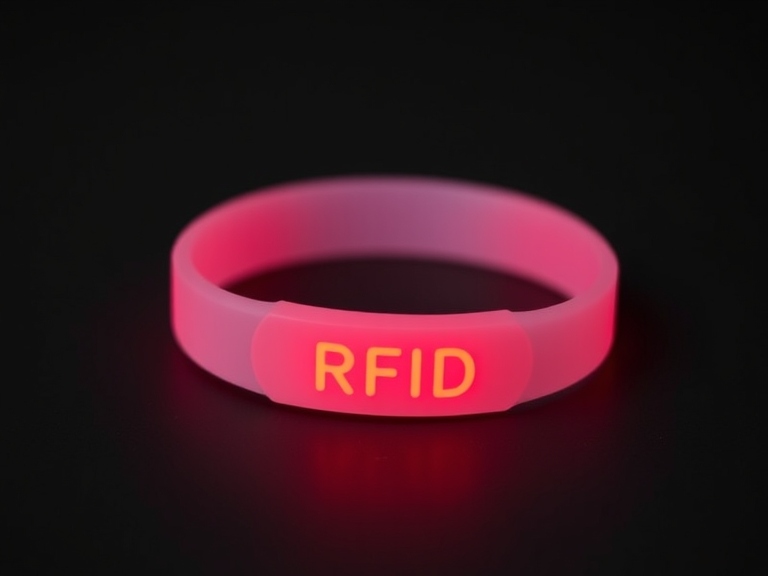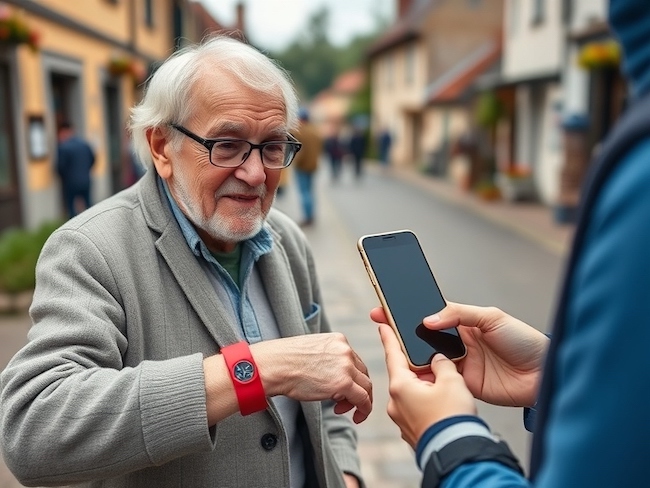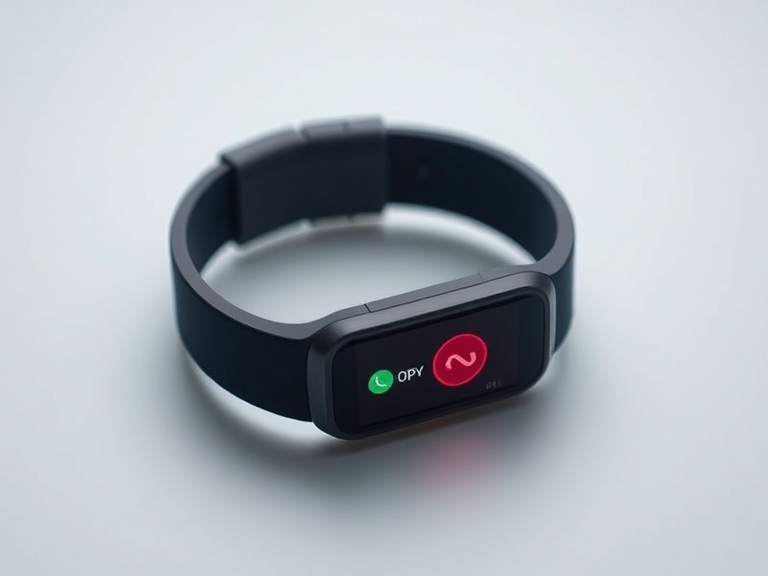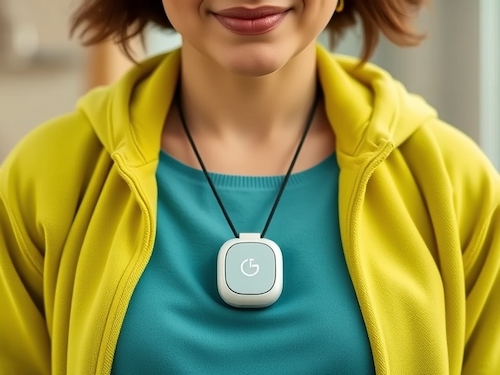Blog
Informative Articles on Supporting Independence
RFID alerting devices

RFID and NFC devices use the same reliable technology as found in contactless bank cards. These alerting devices offer vulnerable individuals, such as the elderly, disabled, children, and those with medical conditions, a safer way to maintain independence outdoors. Providing real-time notifications to caregivers and linking first responders with caregiver networks can ensure secure, controlled access to personal information during emergencies. For example, first responders can access essential details like medical history or emergency contacts while ensuring privacy through pre-approved data sharing. Integrated with incident management platforms, these devices reduce response times, improve emergency outcomes, and foster confidence for users and caregivers alike, creating a dependable safety net for outdoor activities.
Help from incident management systems

An effective incident management service for vulnerable individuals for providing support during emergencies is a vital tool for saving lives and preventing harm. By fostering seamless communication among caregivers, responders, and coordinators, it ensures timely, organised responses to crises such as medical emergencies or mental health episodes. Real-time communication enables responders to act with precision, guided by caregivers’ insights, while having secure access to critical information, such as medical history and sensitivities, allowing tailored care. Furthermore, privacy safeguards ensure data is shared only with authorised personnel, building trust and compliance. These systems offer a transformative solution in empowering responders to provide compassionate, efficient support when it matters most.
Empowering independence away from home

Empowering independence away from home requires reliable tools to ensure safety during emergencies. From GPS wearables to RFID and NFC devices, modern solutions help carers stay connected and informed, offering peace of mind for vulnerable individuals. GPS-enabled devices provide real-time location tracking and incident alerts but face challenges like battery life and privacy concerns. Smartphones and smartwatches add versatility but can be costly and complex to use. RFID and NFC wearables offer simple, battery-free alternatives, though they rely on bystander assistance. This article explores such options, helping individuals and carers choose the best tools for staying safe and supported.
Benefits of alerting devices for the vulnerable

Incident-alerting devices, including RFID wearables, GPS-enabled gadgets, and smart devices, offer vital protection for vulnerable individuals such as the elderly, disabled, children, and those with medical conditions. These tools enhance safety by providing real-time location tracking, emergency alerts, and communication with caregivers. RFID devices can securely link first responders to a user’s caregiver network, offering controlled access to critical information in emergencies. This technology fosters independence, allowing individuals to venture outdoors with confidence while giving families and caregivers peace of mind. Ultimately, these devices bridge the gap between autonomy and security, ensuring timely assistance when needed.
